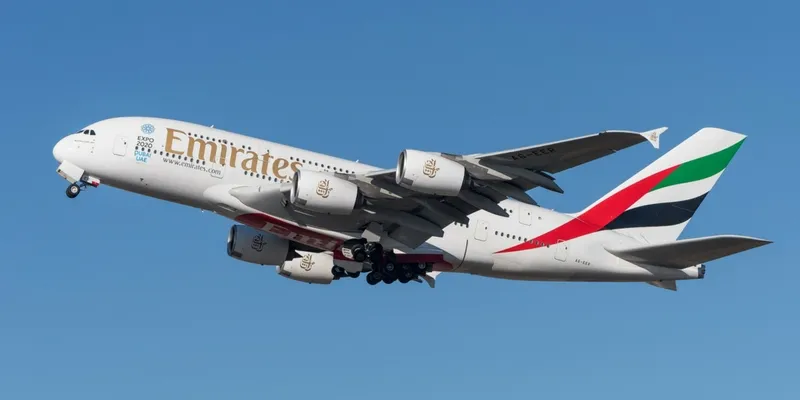Airbus likely to cut up to 3 % of its global workforce
European aerospace manufacturer Airbus announced on Wednesday, March 7, that it would be scaling back production of its A380 superjumbo and A400M military troop carrier models, a decision that might put 3 percent of the company’s workforce at risk of losing jobs. The company said that it was planning to make the job cuts in France, Spain, Germany, and the United Kingdom, and they could affect as many as 3,700 jobs in manufacturing units across these regions. The cuts have been proposed to the company’s European works council and would now be a part of formal negotiations with staff representatives at European and national levels.

Boeing’s biggest competitor has been suffering a steady decline in demand for the two models. The A380 is the world’s largest passenger airline model and took 15 years to develop and produce at a cost of $25 billion, but demand for it has been a fraction of Airbus’s expectations. The company expected to deliver 1,200 of the planes to recover its production costs – since entering commercial service in October 2007, only 331 units have been ordered, with 222 delivered. Dubai-based Emirates is the biggest customer, having ordered 162 A380s out of which 101 have been delivered so far. The lacklustre demand and extremely high production costs (a single unit costs US$445.6 million to manufacture) nearly forced Airbus to shut the programme in January this year, until a last-minute order of 36 units by Emirates.
The military troop carrier A400M “Atlas” has had even more issues. The programme has had severe delays and cost overruns since production started in 2007. It was nearly shelved in 2009-2010 because of logistics and development issues, but continued support from customers kept the project alive. Despite 174 orders from eight countries – Germany, France, Spain, the UK, Turkey, Belgium, Luxembourg, and Malaysia – last month, Airbus announced the latest in a series of write-offs that have driven losses on the project up to €8 billion (nearly US$10 billion).
The A380 and the A400M are the largest civilian and military aerospace manufacturing projects in Europe, respectively. Airbus has said that it should be able to propose alternative employment options for most of the people likely to be affected by the job cuts, with the redeployments, if successful, taking place over the next three years. In a statement, the company said, “Airbus is committed to managing any implications for its workforce in a responsible manner – as already successfully demonstrated on various occasions in the past...The company is confident that it will be able to propose opportunities to most of the affected employees through programmes which are ramping up.”
Meanwhile, Airbus and its subsidiary Navblue yesterday announced contracts with two Indian startups – Neewee and Eflight – for manufacturing solutions, tying in with the Indian government’s ‘Startup India’ and ‘Make in India’ programmes. Bizlab, Airbus’ global aerospace accelerator, shortlisted six Indian startups in December 2017 for the third batch of its six-month programme in Bengaluru. Bengaluru-based analytics services company Neewee and business aviation support company Eflight are both Bizlab alumni, and their new contracts with Airbus will see them provide “significant and long-term benefits” to the aerospace manufacturer.







